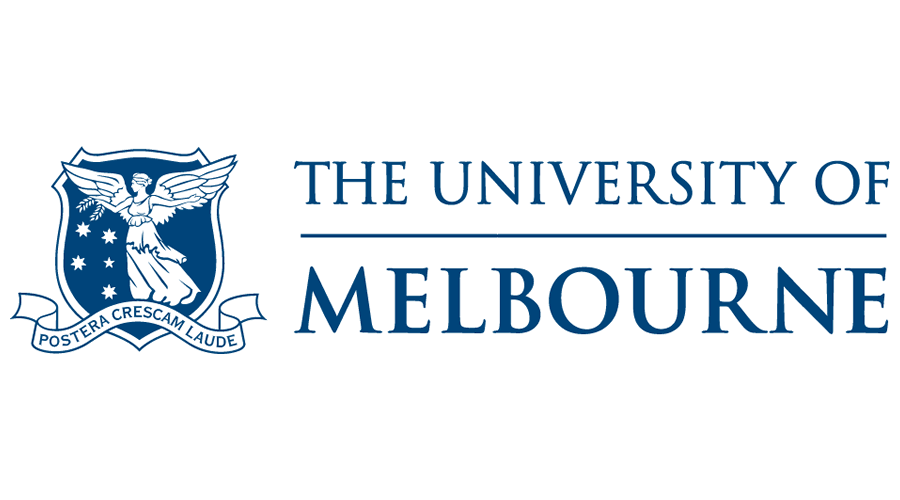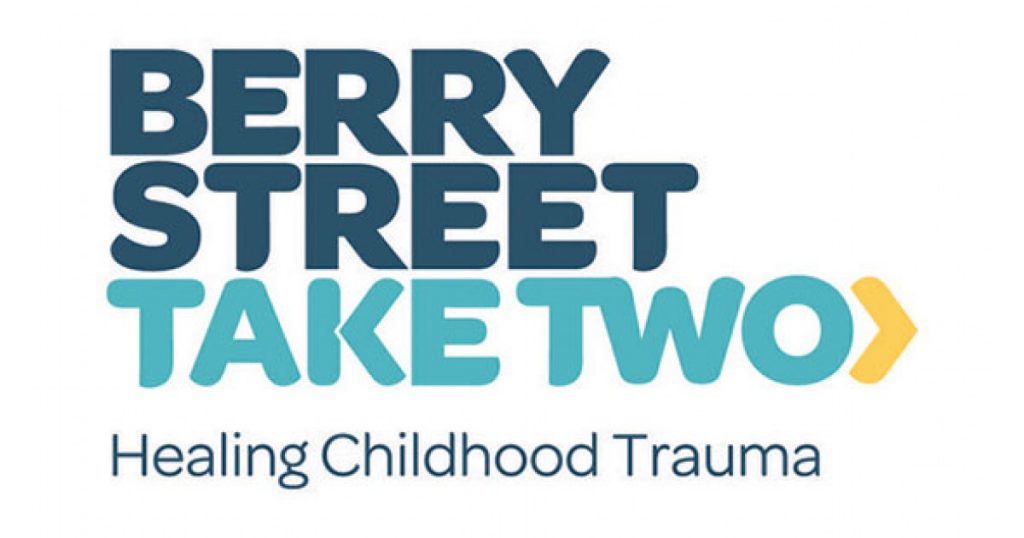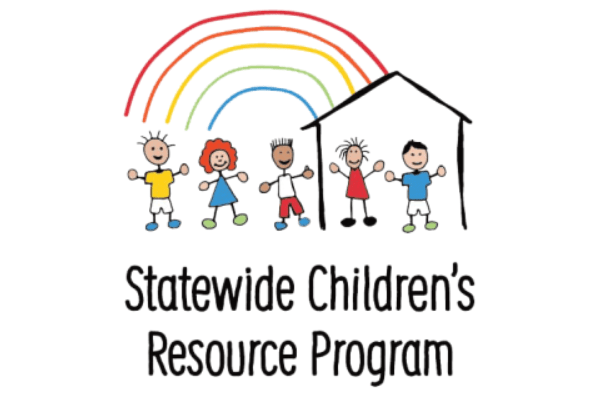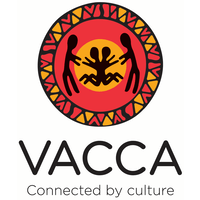Q&A: Infant mental health and family violence
This video series is a collaboration between a number of organisations and experts to support the infants and caregivers where there is a risk of family violence during the COVID-19 pandemic and recession.
- Episode 1: Working with infants and toddlers in a family violence context amidst COVID-19 restrictions - Part 1
Below are the resources identified in ‘Working with infants and toddlers in a family violence context amidst COVID-19 restrictions’
- Resilience Practice Framework – Guide 8: Infants at risk of abuse and neglect – Benevolent Society
- Supporting young children during COVID-19 – Berry Street
- Family Violence, and a guide to including infant awareness in our practice during the COVID-19 Pandemic – Wendy Bunston
- Telehealth service in infant mental health home visiting – Zero-to-Thrive
- Podcast: Dr Wendy Bunston – Clients in their own right
- Episode 2: Working with infants and toddlers in a family violence context amidst COVID-19 restrictions - Part 2
Below are the resources identified in ‘Working with infants and toddlers in a family violence context amidst COVID-19 restrictions – Episode 2’
- Case Example answers to Q&A Episode 1 questions, Restoring Childhood – Take Two – Berry Street
- MARAM Practice Note – Generalist Workers – Family Violence during COVID-19 pandemic
- Secure Base Model – Summary Chart
- Q&A Responses from Dr Karen Gaunson, Child Psychiatrist, Mindful Centre, The University of Melbourne
- Q&A Responses from Wendy Bunston
-
Episode 3: Aboriginal perspectives on family violence and infant mental health
Below are the resources identified in ‘Aboriginal perspectives on family violence and infant mental health – Episode 3’
- Episode 4: Rural and regional perspectives on family violence and infant mental health during COVID-19
Below are the resources identified in ‘Regional and rural perspectives on family violence and infant mental health – Episode 4’
- Episode 5: Good practice when working with infants at risk of family violence during COVID-19
Below are the resources identified in ‘Good Practice When Working with Infants at Risk of Family Violence During COVID-19 – Episode 5′
- COVID-19 Managing Your Team Remotely – Berry Street
- COVID-19 Update for MCH Services Regional and Rural – Update 22 July 2020
- Self Care Questions Based on Cards for Home and Work Innovative Resources – St Lukes
- Striving For Best Practice COVID-19 – Dr Wendy Bunston
Maternal and Child Health Service resources – Victorian Government
- Episode 6: Working with CALD infants and their families at risk of family violence during COVID-19
Below are the resources identified in ‘ Working with CALD Infants at Risk of Family Violence During COVID-19 – Episode 6′
- The Impact of Domestic Violence on Women from Culturally and Linguistically Diverse Backgrounds – Dr Ashima Soni
- Diversity Informed Tenets for Work With Infants, Children and Families
- Australian Association for Infant Mental Health
- Issues paper: The impact of the COVID-19 pandemic on inTouch clients – InTouch
- Coronavirus information in your language – SBS
- Improving health for Victorians from CALD backgrounds – DHHS
- Tipsheet for working with interpreters – InTouch
- Episode 7: Supporting families and workers where there are people with a disability or developmental delay during the pandemic
Below are the resources identified in ‘Good Practice during COVID-19: Supporting families and workers where there are people with a disability or developmental delay during the pandemic’.
- DHHS Disability Services Sector – COVID-19
- DHHS Aboriginal and Torres Strait Islander Communities – COVID-19
- Disability Loop – COVID-19 and early childhood
- Association for Children with a Disability – COVID-19
- Raising Children – COVID-19
- DSS – Information and referrals for people with a disability – COVID-19
- Episode 8: Good practice when working with fathers when infants are at risk of family violence during COVID-19
Below are the resources identified in ‘Good practice when working with fathers when infants are at risk of family violence during the COVID-19’












